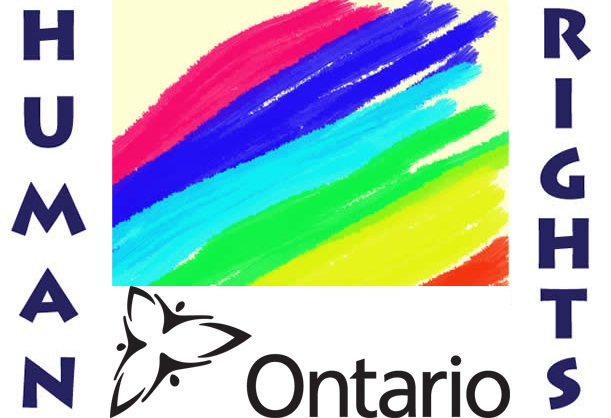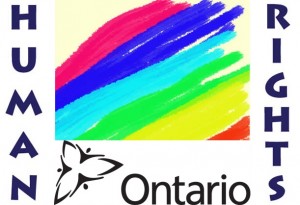 CREATING STABILITY FOR CLEAN ENERGY PROJECTS
CREATING STABILITY FOR CLEAN ENERGY PROJECTS
To maintain momentum and ensure Ontario remains competitive in North America’s emerging clean energy economy, the province is taking a number of actions to make it easier for energy developers and manufacturers to do business in the province.
These changes are part of ongoing efforts to provide stability and create jobs in Ontario’s clean energy sector and protect the health and safety of Ontarians and the environment.
To date more than 20,000 clean energy jobs have been created in Ontario, and the province is on track to create 50,000 by 2012.
Changes to Feed in Tariff (FIT) Contract Terms

A new process is being introduced to help provide stability for developers to move clean energy projects forward. FIT contract holders with projects seeking project financing and a manufacturing partner now have the opportunity to request the Ontario Power Authority (OPA) to waive its termination rights if they meet certain conditions. This means:
- Large developers must submit a Domestic Content Plan and have it approved by the OPA by December 31, 2011. As well they must submit evidence of an agreement to purchase equipment by December 31, 2011.
- For medium sized projects, a Domestic Content Plan must be submitted by December 31, 2011.
- Developers of clean energy programs that do not require Domestic Content plans — hydro, biogas, landfill gas and biomass — may also request that the OPA waive its termination rights.
This will give clean energy developers more stability in planning and more flexibility to obtain financing and place orders for equipment.
Developers still need to obtain regulatory approvals, provide a completed Financing Plan, and documentation related to completed grid impact assessments, as well as pay the required security, before they are able to move to the construction phase.
Improving the Renewable Energy Approval Process
The Renewable Energy Approval (REA) is a single approval that integrates environmental and health and safety matters.
The purpose of the REA is to avoid duplication, set clear, upfront provincial rules and encourage the development of more clean energy projects. The rules ensure all clean energy projects built in Ontario are subject to the same requirements to protect human health and the environment. The province has made a number of improvements to streamline the process even further.
The Ministry of the Environment has reduced the amount of time it takes for the initial screening review of application from 90 days to 40 days by:
- Establishing a dedicated REA team focused only on the management and review of REA applications.
- Holding over 250 pre-consultation meetings with proponents to ensure awareness of REA requirements. Key documents and resources related to the process are available on a dedicated business website for easy access.
These process improvements will be further enhanced by:
- The release of a new Technical Guide to Renewable Energy Approvals to help renewable energy developers meet the requirements of the Renewable Energy Approvals regulation (O. Reg. 359/09).
- This will provide clear guidance on how to prepare the required technical and scientific reports as well as conduct more effective consultations with municipalities, the public and Aboriginal communities.
- Releasing an aboriginal consultation guide for proponents that has been developed by consulting with technical experts within key First Nations organizations and other ministries. The draft is now posted for broader consultation.
The Ministry of Natural Resources has also introduced a number of steps and new tools to save developers time:
- Developing technical guidelines on protection of natural heritage and significant wildlife habitat that provide clear rules for the renewable energy industry.
- Delivering intensive training sessions to more than 100 industry environmental consultants on implementing technical guidelines.
- Releasing new tools, templates and resources to streamline processes for completing REA approval requirements, including rapid assessment tools for significant wildlife habitat and wetlands.
- Focusing staff resources on reviewing and approving Feed-in Tariff projects, resulting approval of over 75 per cent of natural heritage assessments submitted to the ministry.
- Establishing a regional team of specialists to focus on the new Bruce to Milton Feed-in-Tariff projects – developers will be contacted by the ministry within three weeks of receiving their FIT contracts to begin the regulatory review process.
In addition, the Ministry of Tourism and Culture considers the review of all REA heritage and archaeological assessment reports as a priority, with the highest focus on those projects with FIT contracts. That’s why the ministry will implement a 60-day service guarantee for written comments on final assessment reports. As well, this June the ministry posted an Information Bulletin on its website; it helps applicants navigate through meeting the cultural heritage requirements of the REA process by clarifying all requirements for proponents and provides a step-by-step outline of the process. This will help ensure applications are completed and improve the quality of self-assessments.
The ministry also:
- Released Standards and Guidelines for Consultant Archaeologists (2011) and associated training for consultant archaeologists.
- Is in the process of developing technical guidance for heritage consultants on conducting and preparing heritage assessments
Together these guidance materials will help lead to a more rapid review process.
Changes to Property Tax Treatment of Renewable Energy Facilities
Regulatory amendments are being proposed to Ontario Regulation 282/98 regarding the property tax treatment of renewable energy facilities.
The Assessment Act and Ontario Regulation 282/98 currently provide rules governing the property tax treatment of energy generation facilities; however, in some situations, these rules may not be sufficiently detailed to address issues relating to emerging types of energy installations.
The objective of the proposed regulatory amendments is to provide clarity and certainty to property owners, municipalities and the Municipal Property Assessment Corporation, and to ensure that property tax does not act as a disincentive to energy generation, particularly small-scale generation by persons who are not ordinarily in the business of generation.
More information
Read more about Ontario’s Green Energy Act.
Read more about the Renewable Energy Approvals Process
Read the Minister of Energy’s Directive to the Ontario Power Authority
Read the Regulatory Registry posting of proposed changes to Property Tax Treatment of Renewable Energy Facilities.
To Learn more about renewable energy in Ontario visit http://www.ontario.ca/renewableenergy
| Andrew Block, Minister’s Office, 416-327-6747Paul Gerard, Communications Branch, 416-326-7226 |
ontario.ca/energy-news
Disponible en français |





